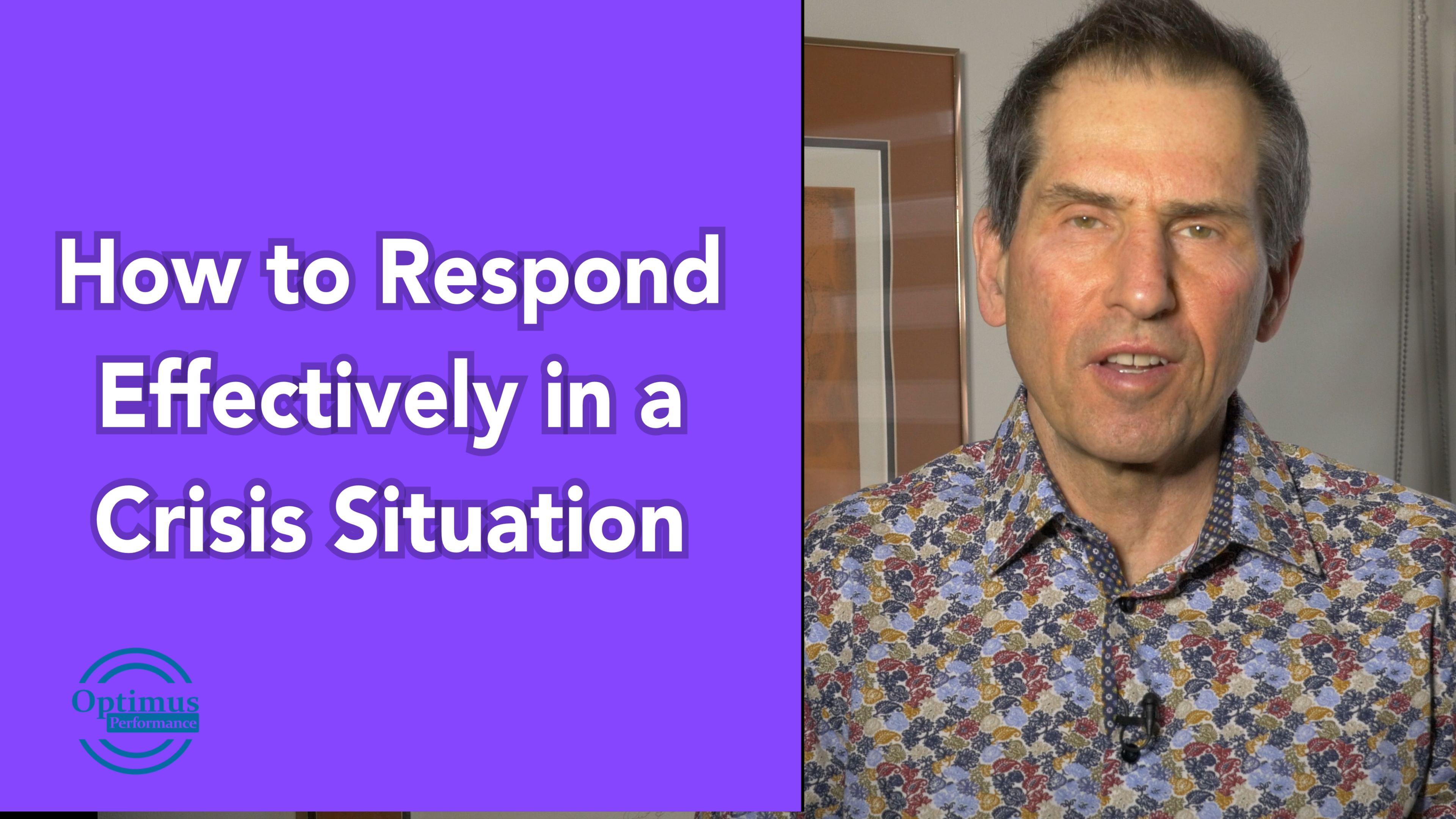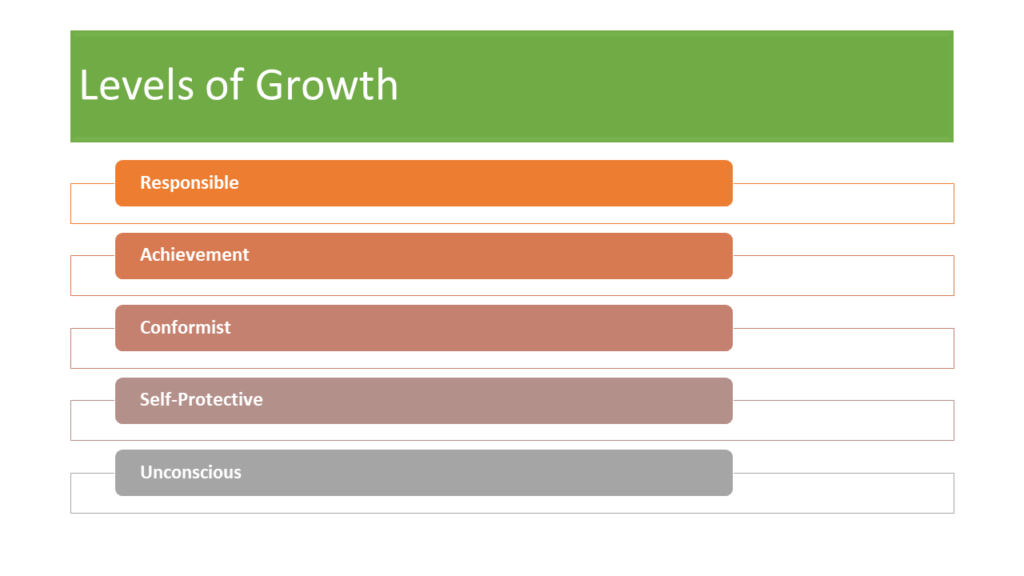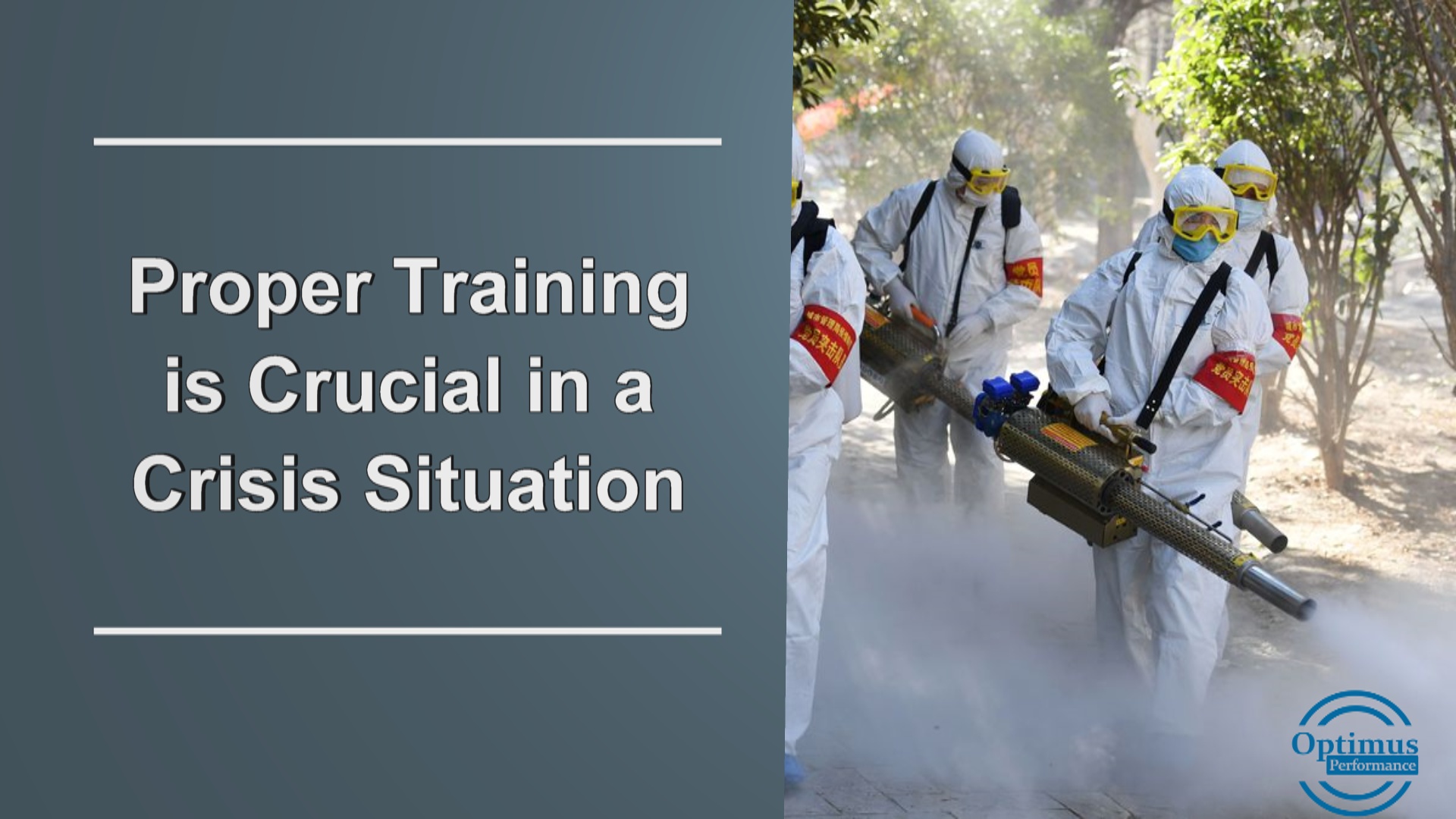Best Methods to Manage Employees Working Remotely
The best methods to manage employees working remotely is like the best practises for working onsite. The principles are the same.
The coronavirus crisis is forcing people to work from home if they can. This might be new for many companies and employees even though working remotely has been a growing trend.
Know Yourself and Your Employees
To be an effective manager and leader you need to know yourself and understand each employee. What is your inborn style of leadership? Do you tend to be too laissez faire or are you more of a micro-manager?
How self-sufficient and independent are your employees? How much supervision do they require? How does stress affect them?
Thinking through these questions and others will help you in your plan to manage people who you cannot walk over to and see what they’re doing and start a conversation.
Set Commitments and Expectations on Performance
To avoid micro-managing and having surprises when performance is below expectations, it’s best to discuss what the employee will work on and accomplish from home.
Put these commitments in writing and discuss how you will track productivity together so there are no surprises when things are due.
Clarify and Provide Support
Writing down employee commitments is good, but you also need to make your own support commitments to each employee and put those in writing as well.
What tools will the employee need to meet their goals? Technology is obvious but perhaps explore obstacles such as new distractions they might have at home that they did not have in the office.
Manage and Coach
Managing performance is about holding people accountable to their commitments and measuring their progress.
Coaching them is providing the support and problem-solving questions to help them take responsibility to meet their commitments.
Set Follow-up Sessions
Once you have commitments in writing it’s crucial to set times to meet online or by phone and discuss progress. Set a time to review when you write down the commitments and set the next discussion time at the end of each meeting.
Feedback
Everyone needs feedback, both positive and constructive. The positive feedback should be focused on what they are doing to overcome any personal challenges like stress or managing interruptions.
If things are not on track do more problem solving and re-direct the focus to get renewed commitments to meet the expectations.
Knowing the person and the situation they must deal with will allow you to be more sensitive to their needs and encourage them rather than criticize. Working remotely in the time of a crisis causes more stress and anxiety than working remotely when things are normal. Be patient and supportive and realize that things will revert to usual and people will appreciate the way you helped them manage the situation.





